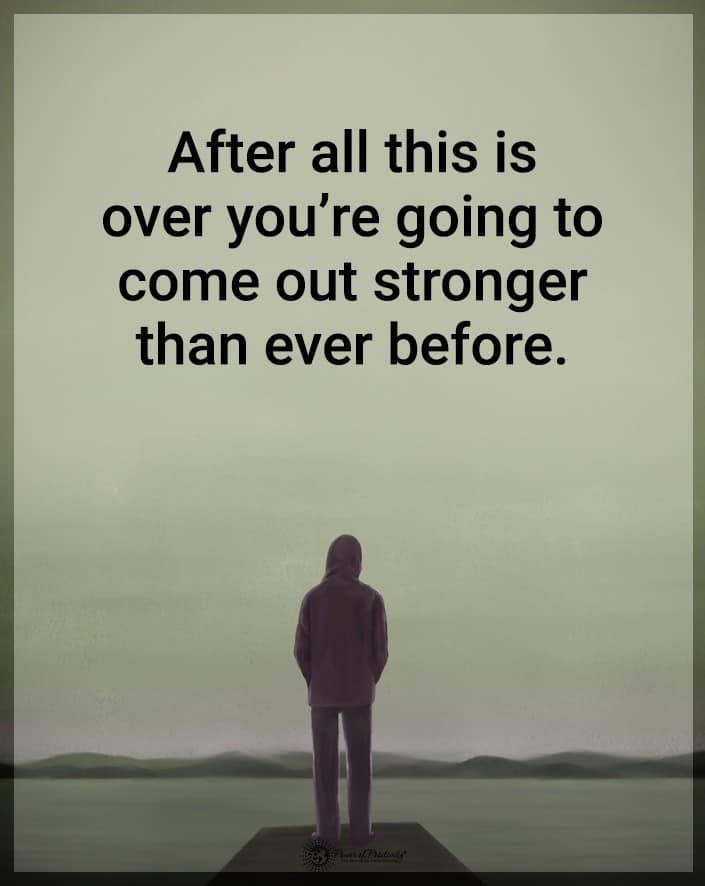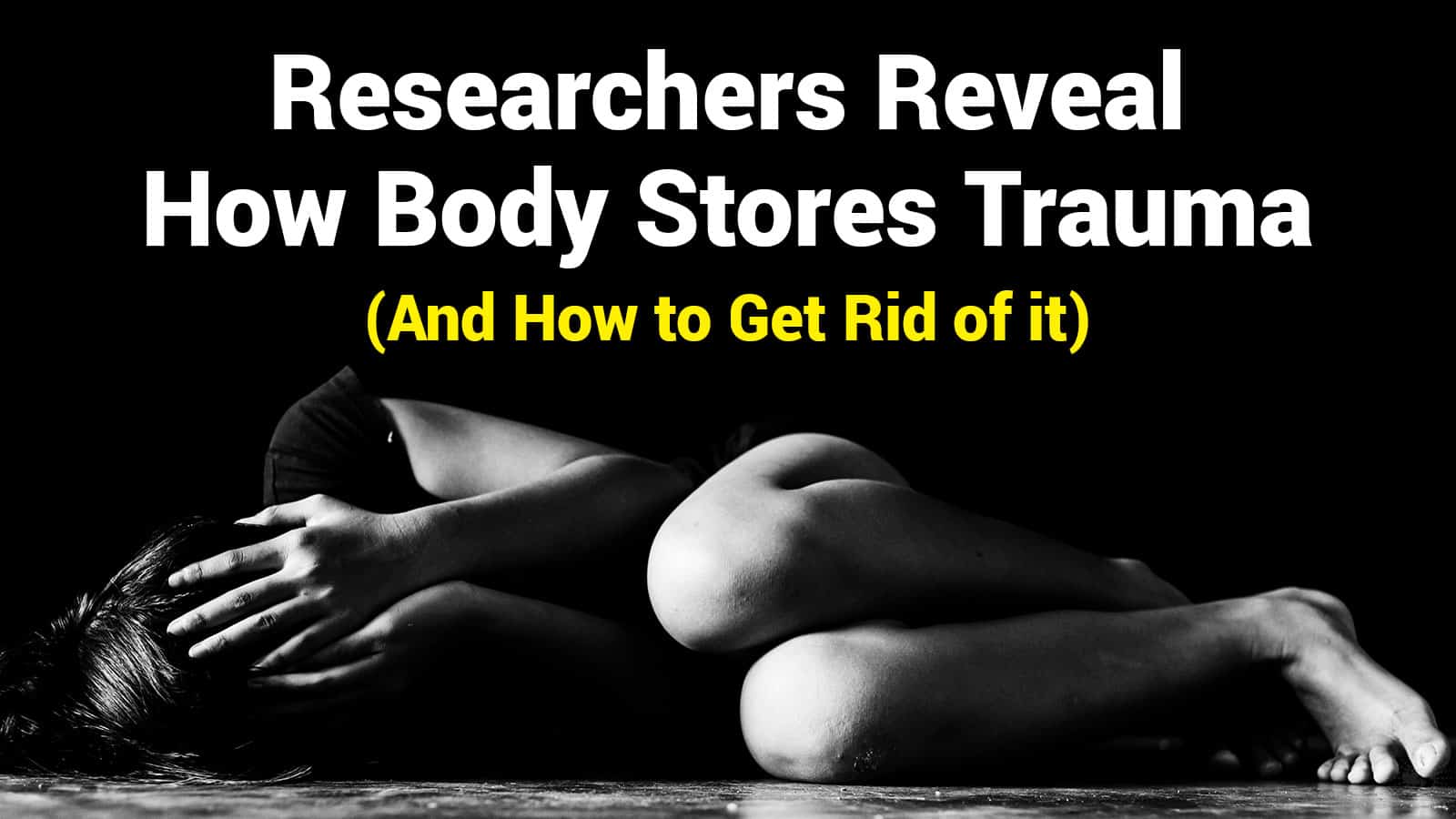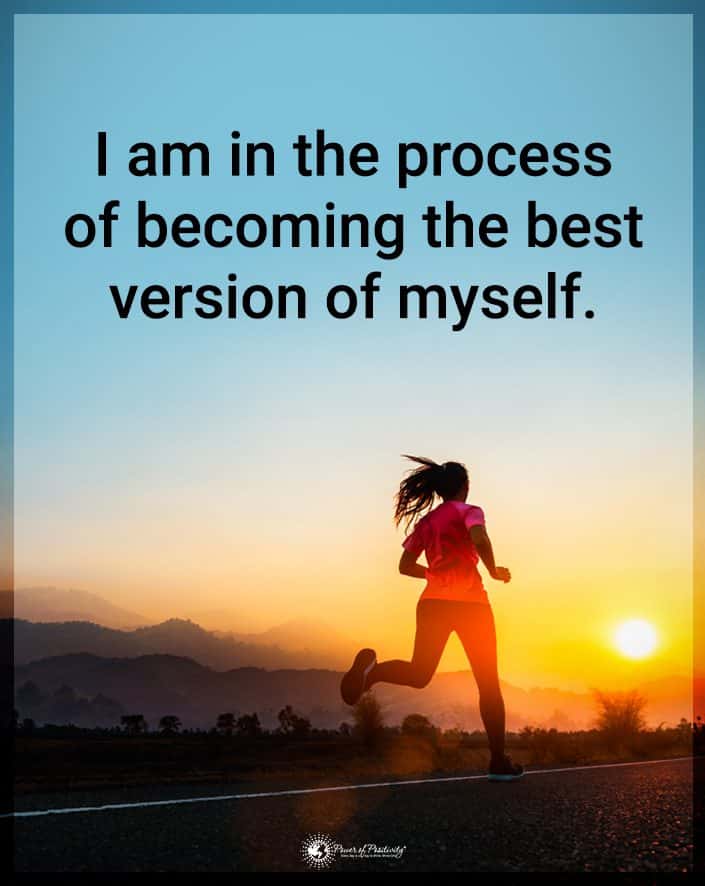Childhood trauma refers to a long-term damaging effect on your mind and body due to something psychologically or physically distressing as a child. It is a response born out of an inability to cope with harrowing and difficult circumstances.
Many forms of trauma originate in youth. When not dealt with, these kinds of trauma can remain largely repressed and continue to affect your life in significant and painful ways. So, how can you overcome that? Here are four ways to start healing from childhood trauma for a positive future.
1. Accept The Childhood Trauma
Many different healing stages begin with acceptance, and it’s an exceptionally positive step to take when you’re healing from childhood trauma. You cannot fight something you refuse to admit is real, and you can’t recover from something you won’t say is there. It’s a simple concept but a painful one to execute. Here are some tips for acceptance:
 · See Reality
· See Reality
It’s easy to see things as you want to see them, not as they are. Trauma survivors often trick themselves with false ideas and realities of how the world is. Imagination and desire are powerful coping mechanisms, but while they can keep you safe for a while, they ultimately impede your ability to confront the truth about yourself and what happened to you. Don’t sugarcoat things – see them, and all their ugliness, for real.
· Name What Happened
Saying the truth out loud is a surprisingly powerful way to begin healing from trauma. It means you’re admitting in no uncertain terms that something happened to you and that you have a true, horrible, actual name for it. “I was abused by my parents.” “I was sexually assaulted by (insert person’s name).” “I lost my family in a natural disaster.” These statements are enormous and frightening, but they’re often the first step to full awareness. It would be best if you gave yourself the rude awakening first.
· Foster Awareness
You must know yourself to accept what you feel. When you experience an emotional or trauma response, please note it and find its root causes. Allowing yourself to be aware of your feelings means you’re able to locate different problems, how they’re affecting your life, and where they may stem from, even if the process takes a while to hone.
· Understand That Acceptance Doesn’t Mean Preference
The act of accepting something doesn’t mean you’re okay with it. Accepting something doesn’t mean you’re giving in to it – it means you’re getting that it did happen and that this is the truth, no matter how much you wish it weren’t. You don’t have to be happy about it. You have to understand and realize it.
2. Let Yourself Feel Your Childhood Trauma
One of the toughest but arguably most important parts of healing from childhood trauma is allowing yourself to feel and experience it and all the emotions that come with it. This exercise can be hard to do because no one wants to feel those horrible feelings. It’s part of why healing is such a painful and challenging process.
It’s worth noting that entering this healing phase without support or professional assistance may not be a good idea. You can try to begin in small doses of opening yourself up to the feeling, basking in it, and then relaxing out of it – sort of like meditation in reverse. Here are some tips for allowing yourself to feel your childhood trauma to start healing from it:
· Sit With Them
Do not respond with extremes when you begin to feel the emotions associated with your trauma. Instead, stop, acknowledge the feelings, and then try to sit with them. Allow them to flow naturally without attempts to hide or alter them. Instead, observe them and pay attention to how your body responds. Allow it to do as it will. Cry, shout, punch a pillow, and express your emotions naturally as you are urged. When you feel you’re done with this process, bring yourself out of this and into a reflective state.
· Listen To Their Messages
Once you’ve expressed your emotions after sitting with them, your feelings have been allowed to say their piece, and it’s time for your logic to take over. Seek the wisdom in what you’ve felt. How can you connect your emotions to ones you’ve felt before? Can you find the roots of these feelings and how they affect you? What are these emotions trying to tell you? If it helps, you can use a medium like art or journaling to better work out these thoughts and find the messages in your emotions. Though you need the presence of mind to do this, you also can’t accomplish this task without letting yourself genuinely feel your trauma first.
· Be Honest With Yourself About Your State
How have you been surviving your trauma so far? Instead of waving away concerns, pay attention to them. Have you been repressing things? Have things been looking up for you, or in reality, are your emotional and mental states declining? Are your actions and goals being dictated by your past trauma? If so, is that really what you want? These hard-hitting quests can be painful to delve into, and they require you to be completely honest with yourself, which can be tough. Still, if you don’t address it first, it will eventually come out, whether you want it to or not.
 3. Take Care Of Your Health After Childhood Trauma
3. Take Care Of Your Health After Childhood Trauma
It’s a bit of an overplayed trope that people diminish trauma and its effects by saying all you need to do is be healthier to get over it. So, let’s begin with a disclaimer: this is not the case at all. Being physically healthy won’t cure you of childhood trauma. But, at the same time, it can help, to some degree.
Your state of health and wellbeing can have effects on your mental state. Sometimes, they even go hand-in-hand. Mental health affects physical, which affects mental, which affects physical again. As such, taking care of yourself is paramount to healing, and it also teaches you to be kinder and gentler with your body and mind. Here are some tips to start you off:
· Sleep Enough
Childhood trauma can make it hard for you to sleep, so it’s understandable if you have difficulty doing so. But if you’re not getting enough sleep, that may actually make your trauma responses worse than they already are. Managing a better sleep routine, taking melatonin supplements, and creating better bedroom conditions are all ways you can improve your ability to get sufficient sleep. Try to aim for at least 7 hours nightly.
· Eat Better
You don’t need to eat like a marathon-running superstar to eat better. It would help if you didn’t go on diets or restrict your meals. Instead, try making better food choices. Tighten up your diet by choosing whole foods more often and junk food less often. This can reduce the inflammation that affects your body, which will, in turn, aid your mental state. It’s not a cure-all, but every little bit of help is often beneficial when you’re healing from trauma.
· Learn To Manage the Stress of Your Childhood Trauma
Childhood trauma makes you more reactive to stress, according to studies. This means learning positive ways to manage your stress levels is more important than ever. Everyday life can be stressful enough, but you’re adding the pain and difficulty of trauma to the mix. Learn to find healthy coping mechanisms, be more aware of your mental state, and start taking breaks when the stress gets too high.
4. Find Support for Healing the Childhood Trauma
Many people don’t want to seek support for healing trauma. There is a lot of negative stigma surrounding the act of getting help. Some people believe it makes them weaker or no one can help them. But the benefits of support and help on any healing process are undeniable, and they’re ones that you should take advantage of.
If you truly want to heal from trauma, you have to allow yourself to be helped. Here are some ways to find support to begin your healing process:
· Let Yourself Get Close To Others
Childhood trauma can often force you to feel like distancing yourself from others. You may feel like you can’t trust others, or your energy may be monopolized by you constantly keeping yourself in a survival mode of sorts. You may prefer to isolate yourself or feel uncomfortable with or even frightened of genuine gestures of kindness, affection, or care. Studies have found that being around people who support you can increase your compassion and positive thinking towards yourself, facilitating healing from trauma.
· Seek Supportive Communities
There are lots of support groups and support communities out there for people with childhood trauma. If you feel ready to, you can attempt to join one and connect with other survivors. This can help you feel less alone, and you may learn new coping techniques, management methods, and insights into the trauma that help you with your healing process. You may even make some new friends who understand what you’re going through.
· Get Therapy
Finding a therapist, psychologist, or psychiatrist who specializes in trauma can be difficult, and it may take a while before you find one who you’re comfortable working with. But at the end of the day, the process of healing from childhood trauma requires a professional hand. Think of it as a more severe physical illness. You’re not supposed to perform heart surgery on yourself! It would be best if you had a specialist or an expert. Research has long shown that treatment can be remarkably positive for post-traumatic stress disorder, so find someone qualified to work with childhood trauma.
· Get Physical Medical Support, Too
People often discount the severity of the physical symptoms that may arise or be comorbid with childhood trauma. It can be much tougher to find a medical specialist who understands these effects and can help with your physical healing. But if you can, it adds benefit and gets you more in tune with your body and how your life has affected it.

Final Thoughts On Some Ways To Heal From Childhood Trauma For A Positive Future
Healing from trauma is a momentous task, even with confidence, positive thinking, and support in the world. If you’re beginning this process, pat yourself on the back. You are brave for wanting to heal. While your recovery journey will be long, grueling, and full of bumps, hurdles, and setbacks, it’s a beautiful and important process. When you find yourself in a much better place, you will be glad that you were courageous enough to begin.


















